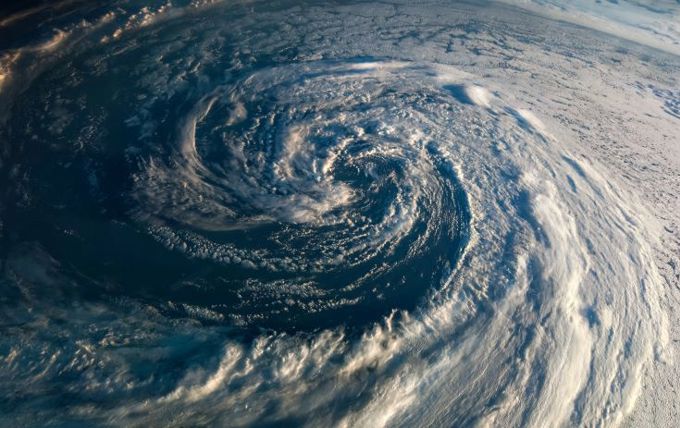
The Fight Over Virginia’s Membership in the Regional Greenhouse Gas Initiative
Introduction
Virginia’s waterfront property owners benefit from the decision of the Floyd County Circuit Court on November 18, 2024. There, the Court ruled that Governor Youngkin’s decision to cancel Virginia’s participation in the Regional Greenhouse Gas Initiative (“RGGI”) was “unlawful and without effect”. A copy of the opinion is available here.
What is RGGI?
RGGI is a market-based system designed to control the release of greenhouse gases into the air. During the three years that Virginia participated in RGGI, the greenhouse gas emissions from Virginia’s power plants dropped by more than 22 percent, and the sale of credits in the free market created by RGGI delivered $827 million which Virginia is using to help communities plan for and become more resilient to floods, and also help low-income households reduce their energy bills (source: Southern Environmental Law Center).

Shutterstock: BPAwesome
How Does RGGI work?
Refer to my article posted two years ago in this blog.
Why Should Waterfront Property Owners Care?
Greenhouse gases, generated mainly from combustion of fossil fuels from power plants, vehicles, airplanes, trains and ships, cause rising waters. As is more fully explained in the piece I wrote for this blog a few years ago, as waters rise, every waterfront property that is subject to Virginia Code §28.2-1202(A) shrinks in size. The effect is to transfer ownership of the lands formerly upland, now newly inundated bottomland, out of private hands and into the ownership of the Commonwealth of Virginia. The chain of events that bring this about rest on the fact that greenhouse gas emissions cause global warming. Global warming, in turn, melts ice sheets and glaciers, causing sea level to rise. Rising waters move shoreline property boundaries in a way that reduces upland acreage, with resulting transfer of ownership because of Virginia Code §28.2-1202(A).
Global warming also causes warmer ocean and atmospheric temperatures. These warmer temperatures increase the frequency, duration, and intensity of hurricanes. The devastation caused by hurricane Helene, with its 800 mile path of destruction, in September 2024, being a recent example. RGGI benefits waterfront property owners, and others, by cutting back the propellant that fuels the “super storms” striking the United States more and more frequently.
Reductions in coastal flooding, whether it be storm related or on a “sunny day”, is yet one more benefit that RGGI brings to the waterfront property owner. RGGI reduces coastal flooding, thereby preserving property value, protecting travel on our roads and highways, and reducing the need for expensive “resiliency” projects designed to counter the effects of flooding.

Shutterstock: MKFilm
What Happens Next?
Governor Youngkin issued an Executive Order in 2022 that kickstarted the process to remove Virginia from RGGI. Virginia withdrew in 2023. The Southern Environmental Law Center, representing a trade association that was harmed by the decision, filed suit to block the decision. Early last week the trade association prevailed. So, does this mean that Virginia will promptly reenter RGGI? Probably not, as the Youngkin administration plans to appeal.
Conclusion
Contact Jim Lang if you would like to see him publish more articles on RGGI. Of course, you can always contact Jim for his advice and assistance in connection with needs specific to your particular situation.
